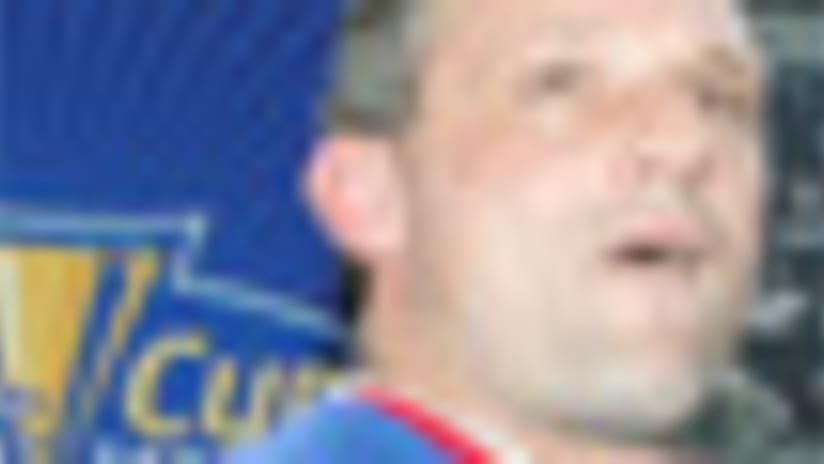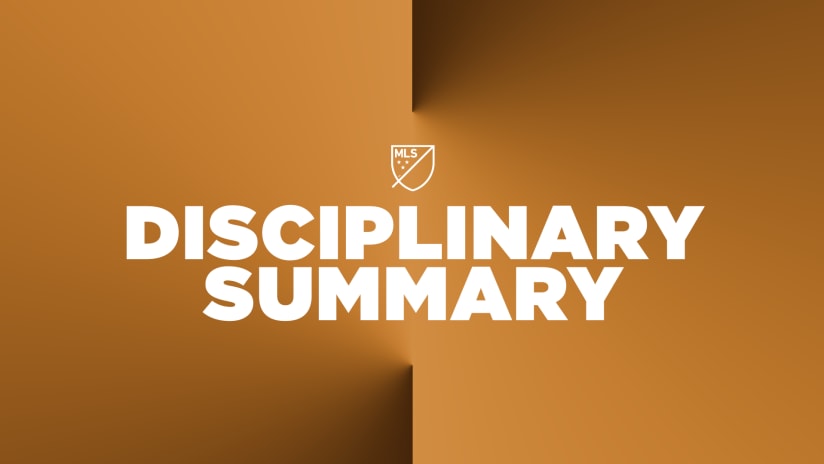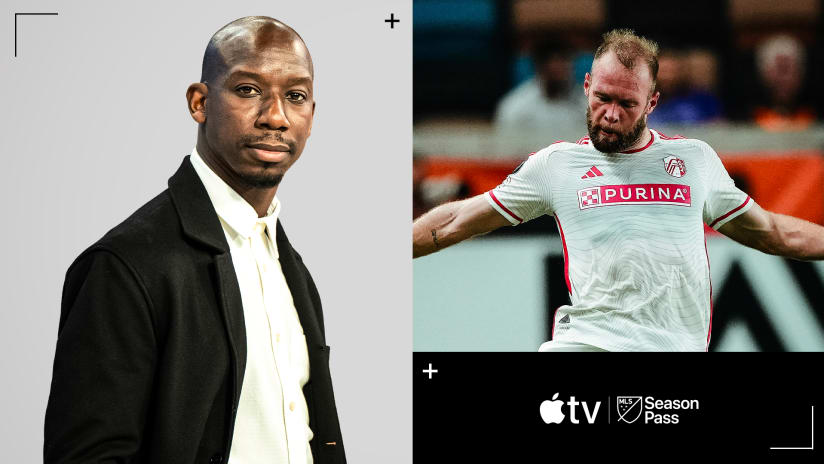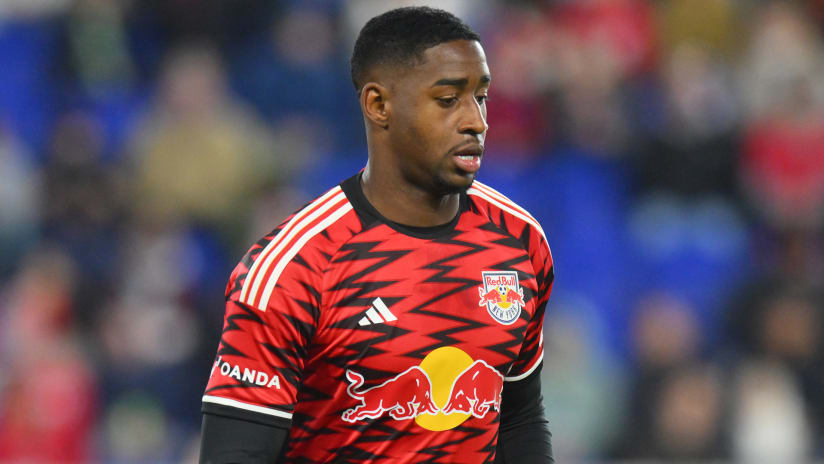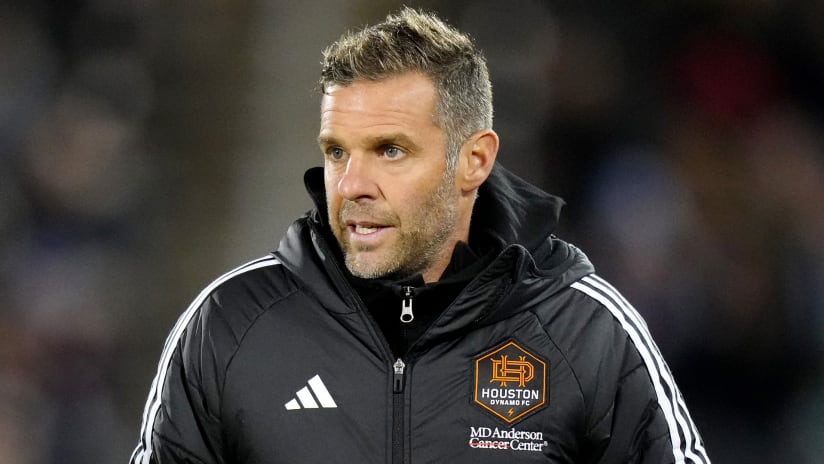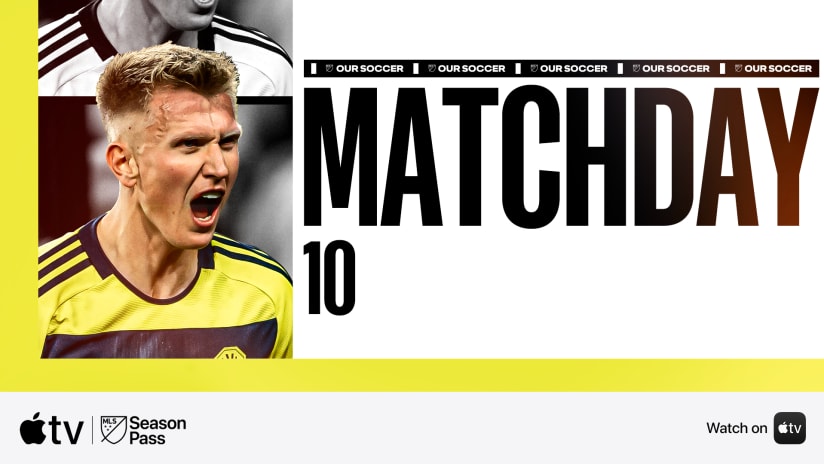the 1972 Polish team that captured the gold medal at the Munich Games and the 1976 side that took home the silver in Montreal. Those medals were sandwiched around a third-place finish at the 1974 World Cup.
"Besides the World Cup, the Olympics are the most important tournament in the soccer world," Nowak said. "I think for every athlete and coach it's a special feeling to be a part of the Olympic Games. But, I'm not looking at it from a personal aspect. I'm looking to create the team who will compete at the Olympics at the highest level, and I'm looking for a team to develop our own style of play and our own system as well. It's about how the team carries themselves on and off the field, so for me personally all of these factors are important and I'm looking forward to the event. But first we have to qualify and there are no guarantees there."
The U.S. U-23 team recently completed a weeklong camp in Bradenton, Fla. as it prepares for CONCACAF Olympic qualifying. The first round is set for Tampa, Fla., when the U.S. takes on Guatemala (March 11), Panama (March 13) and Cuba (March 15) at Raymond James Stadium.
If the U.S. finishes in the top two teams, it will reach the final four in Nashville, Tenn. The semifinals are set for March 20, the final for March 23. The two winning semifinalists will qualify for Beijing.
A former Chicago Fire standout and MLS Cup championship coach with D.C. United, Nowak is optimistic that the USA will book a trip to China. It arguably has the most offensive talent on an U-23 team in years. Several players from the U.S. U-20 side that was eliminated in the quarterfinals of the FIFA U-20 World Cup are on the team.
"We are still a couple of months away from qualifying, but I am very confident that the group we have right now is going to be ready to qualify," he said. "The players we have, and the potential they have could be good for this program, and good for our future programs. They could be the future of U.S. Soccer and the men's national team. I think there is a lot of work to do, but if we realize our potential, then I'm pretty confident that we can show up as a good team and present ourselves in a good way.
"I think this team is still a work in progress, but time will tell. The team is good, not only on paper but it's important to also have good chemistry off the field as well. We need to make sure that every player is in the right place to compete and present ourselves in the way we want, and to establish ourselves for the future."
Asked about his first-round opponents, Nowak said "that the teams will all present a challenge to us, just like any other U.S. team is challenged during qualifying. We are probably the favorites in our group, so the other teams will be trying to play their best against us. Many of our players have been through a similar process before with qualifying for the Under-20s or Under-17s and that will help us. But, we know that we have to take care of our business and do our job, and if we play our way we should be successful."
Despite not recording a win, Nowak said he was encouraged by the U-23 team's recent performance in China. The Americans played to a scoreless tie and a 3-3 draw, the latter game in which the visitors squandered a three-goal lead in the second half.
"It was very encouraging to see how the team grew together during the two weeks in L.A. and China," he said. "It was important just to get to know each other better and I was happy to see how the team started to build and play together, how they acted and behaved, formed a team.
"The trip was good. I think we learned a lot on that trip, in the second game especially when we had a 3-0 lead and tied 3-3. I think it was important for me to not only see the result, but also to find the right pieces of this puzzle. I think the guys had a good time and played well. It's going to be like that in the next couple of months as we try to have competition for every position.
"We're looking for the guys who can be winners, win the position and respect the other players. The trip to China was pretty positive. It was also important to see the country, to know how the body reacts to the clock change. Also important was the amount of publicity and people around our team. So, it's important to also be humble and professional off the field, and I think the team did a very good job with that."
The U.S. team also defeated D.C. United 2-0, as Jozy Altidore and Charlie Davies scored in a Feb. 2 scrimmage in Bradenton, Fla.
"The team's biggest challenge is to compete against each other," Nowak said. "Every player has an ego to some extent, and we've tried to deliver the message through our camps that the egos need to be put aside. They're still young players, they still have a lot to learn and we have to be together as a team. We have to be proud of who we are and find our own identity. It's important to respect your teammate who isn't playing at that moment because maybe he'll play the next game. The qualifiers are very important because we have to compete at a high level every other day. If you have good depth and a good group of players who understand each other, push each other in a good way, they'll compete for every position and know they need to be ready. The challenge of playing every second day is the biggest challenge in the upcoming qualifiers."
Nowak is working on getting several key players in for qualifying from Europe. The list includes former MetroStars midfielder Michael Bradley, who has set an U.S. record for goals with a European club (16 with Heerenveen of the Dutch Eredivisie); Benfica (Portugal) midfielder Freddy Adu, who played with D.C. United and Real Salt Lake; and Racing Santander (Spain) midfielder Dan Szetela, formerly of the Columbus Crew, among others.
"We're still working on the players who play in Europe," he said. "This is part of the process that's not going to happen overnight. We monitor our players in Europe, we talk to their managers, their trainers. We try to understand that they play over there every week. We try to understand each other so when they've over here they are ready. We've created a lot of good relationships over there. We've talked to a lot of managers about both the senior team and the Olympic team, and we hope we can have all of these players at our disposal during a very important time for the under-23 team."
When asked about the development of those European players, plus Altidore (New York Red Bulls), midfielders Maurice Edu (Toronto FC) and Sacha Kljestan (Chivas USA) and Stuart Holden (Houston Dynamo) and defender Marvell Wynne (Toronto FC), Nowak wouldn't single out any one player.
"These young players have completely different personalities and are at completely different stages of their career," he said. "When you look at what happened with each of them, everyone is different. We put our young players through difficult games and they're developing in the right way. Some of them already play with the senior team and some of them have a chance to play with the senior team in the future. They have a chance, and they have to realize there is a lot of work behind it.
"It's not just having success in previous camps, or previous events at the youth level. The senior level is completely different. We do have a great group of young players who can develop in the right way, and we'll have a lot of success with them. This is the future, this is the future of American soccer. It's up to them to decide what they're going to do about it, how they'll develop, how much they'll work for their success. They are part of the national team program and part of their clubs. They know their roles. I think a lot of them have great potential. As I said, everyone is different, everyone develops in their own way but we can have a lot of joy with them."
It seems that young player is signed or plays well, he is anointed the next savior. Nowak realizes that cannot happen overnight.
"I think that young players do have to make a transition to professional soccer, and that every young player is different," he said. "They have to learn how to be a professional, act like a professional on and off the field. They have to be able to hold themselves accountable, and that's something we need to create in MLS -- an environment where players are accountable for themselves and their actions.
"I think as far as 'living up to the hype' -- Americans want to become a great soccer nation so they will place hope on young players who might not be ready to have that role yet. As I said, every player grows at his own pace so I think people just have to realize that."
Michael Lewis covers soccer for the New York Daily News and is editor of BigAppleSoccer.com. He can be reached at SoccerWriter516@aol.com. Views and opinions expressed in this column are the author's, and not necessarily those of Major League Soccer or MLSnet.com.

